In recent years, the legal landscape surrounding Delta-9 THC, a psychoactive compound found in cannabis, has been a subject of considerable debate and change. This article aims to provide a comprehensive understanding of the legal status of Delta-9 THC in Florida, exploring its chemical composition, medical applications, and the intricate web of regulations governing its use.
1. Exploring Delta-9 THC

1.1. Definition of Delta-9 THC
Delta-9 THC, or delta-9-tetrahydrocannabinol, is a psychoactive compound found in the cannabis plant. It is renowned for its euphoric effects and is one of the main components responsible for the “high” associated with marijuana consumption.
1.2. Legal Status of Delta-9 THC
The legal status of Delta-9 THC varies globally and even within different states in the U.S. It is crucial to understand the specific regulations in place, especially for residents of Florida.
1.3. Focus on Florida’s Regulations
Florida, known for its unique approach to cannabis legislation, has its own set of rules governing the use of Delta-9 THC. This article delves into the intricacies of these regulations and explores recent changes in legislation.
2. Understanding Delta-9 THC
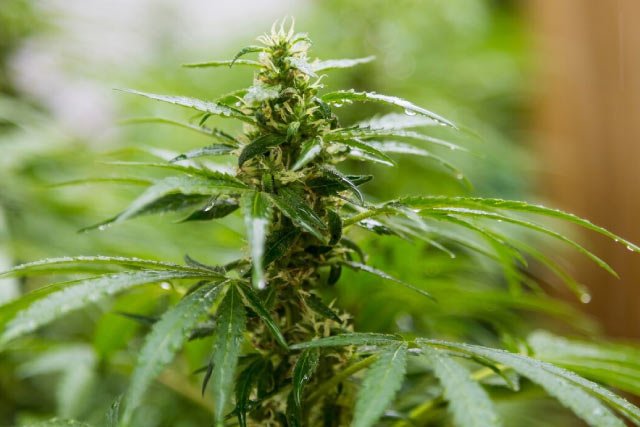
2.1. Chemical Composition
Delta-9 THC’s chemical structure contributes to its psychoactive properties. Understanding its composition is essential to grasp its effects on the human body.
2.2. Psychoactive Effects
Exploring the psychoactive effects of Delta-9 THC sheds light on why it’s a subject of legal scrutiny and consumer interest.
2.3. Medical Applications
Beyond recreation, Delta-9 THC has demonstrated medical potential, prompting discussions about its therapeutic applications.
3. Legal Framework in Florida

3.1. Cannabis Laws
Florida’s cannabis laws set the stage for understanding the legal context in which Delta-9 THC operates.
3.2. Delta-9 THC Limits
Regulations often specify permissible levels of Delta-9 THC in different products, and staying within these limits is crucial for compliance.
3.3. Medical Marijuana Program
Florida’s medical marijuana program plays a pivotal role in how Delta-9 THC is accessed and used for medical purposes.
4. Recent Changes in Legislation

4.1. Updates in Delta-9 THC Regulations
Tracking recent changes in legislation provides insights into the evolving landscape of Delta-9 THC in Florida.
4.2. Impact on Consumers
Consumers are directly affected by legislative changes, influencing how they access and use Delta-9 THC.
4.3. Challenges and Controversies
Legal shifts often bring challenges and controversies. Understanding these aspects is vital for a holistic view.
5. Dispelling Myths and Misconceptions
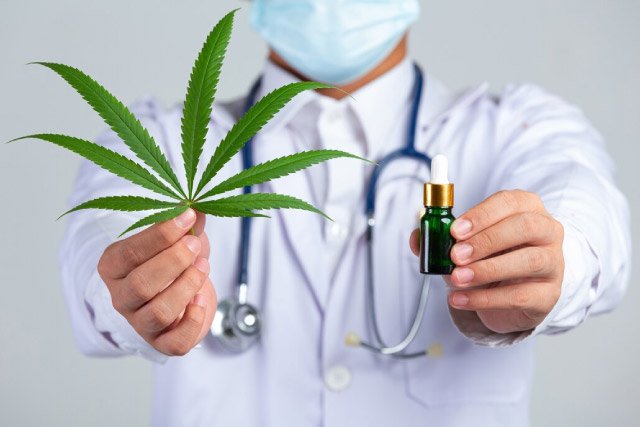
5.1. Common Misunderstandings
Addressing common myths helps in separating fact from fiction regarding Delta-9 THC.
5.2. Differentiating Delta-9 THC from CBD
Distinguishing between Delta-9 THC and CBD is crucial for users seeking specific effects without legal implications.
5.3. Clearing Up Legal Confusions
Legal intricacies can be confusing, and this section aims to provide clarity on Delta-9 THC’s legal standing.
6. Florida’s Stance on Hemp-Derived Delta-9 THC
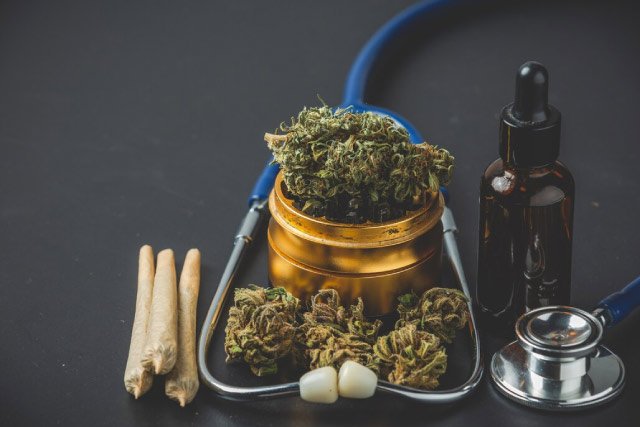
6.1. Hemp Farming Act
Understanding Florida’s Hemp Farming Act is integral to grasping the legal status of hemp-derived Delta-9 THC.
6.2. Regulations for Hemp Products
Products derived from hemp have their own set of regulations, contributing to the nuanced legal landscape.
6.3. Consumer Rights and Protections
Consumer rights and protections ensure responsible use and access to safe Delta-9 THC products.
7. Compliance and Licensing
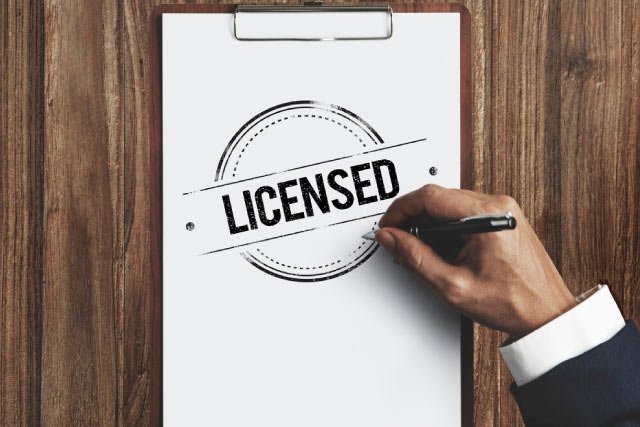
7.1. Requirements for Sellers
Businesses selling Delta-9 THC products must adhere to specific requirements to ensure consumer safety.
7.2. Consumer Safety Measures
Understanding safety measures implemented by sellers and regulatory bodies is crucial for consumers.
7.3. Legal Consequences of Non-Compliance
Non-compliance with regulations can lead to severe legal consequences for sellers and consumers.
8. The Future of Delta-9 THC in Florida
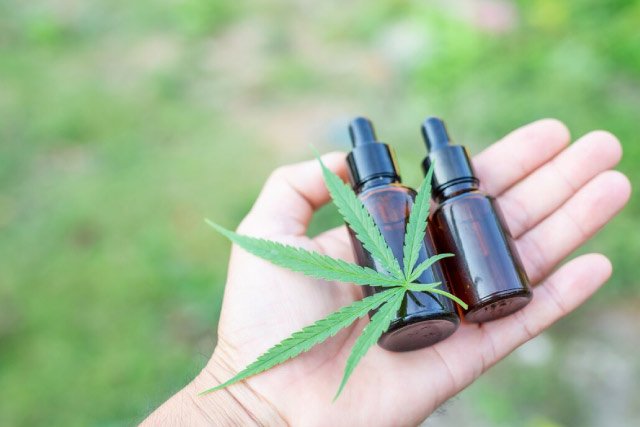
8.1. Potential Legislative Changes
Anticipating future legislative changes helps users and businesses adapt to evolving legal landscapes.
8.2. Public Opinion and Advocacy
Public opinion and advocacy play a role in shaping the future of Delta-9 THC regulations in Florida.
8.3. Economic Impact
The economic implications of Delta-9 THC regulations affect various industries, influencing legislative decisions.
9. Benefits and Risks of Delta-9 THC

9.1. Medical Benefits
Examining the medical benefits of Delta-9 THC sheds light on its potential therapeutic applications.
9.2. Potential Risks and Side Effects
Being aware of potential risks and side effects allows users to make informed decisions about consumption.
9.3. Responsible Consumption
Highlighting the importance of responsible consumption contributes to safer usage practices.
10. User Experiences and Testimonials
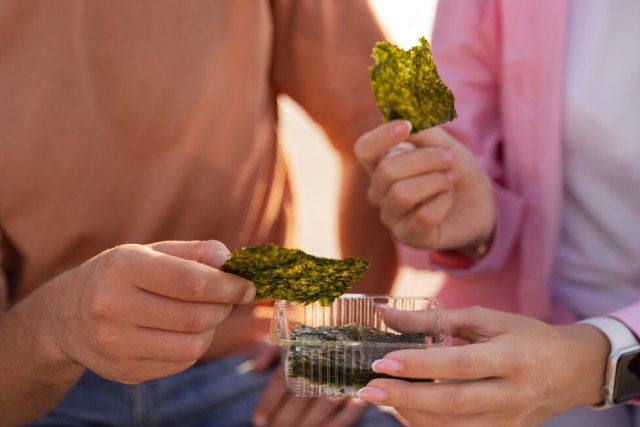
10.1. Insights from Consumers
Real-life experiences provide valuable insights into the impact of Delta-9 THC on individuals’ health and well-being.
10.2. Impact on Health and Well-being
Understanding the broader impact of Delta-9 THC on mental and physical health is crucial for users.
10.3. Community Perspectives
Community perspectives offer a collective understanding of the societal impact of Delta-9 THC use.
11. Expert Opinions and Interviews
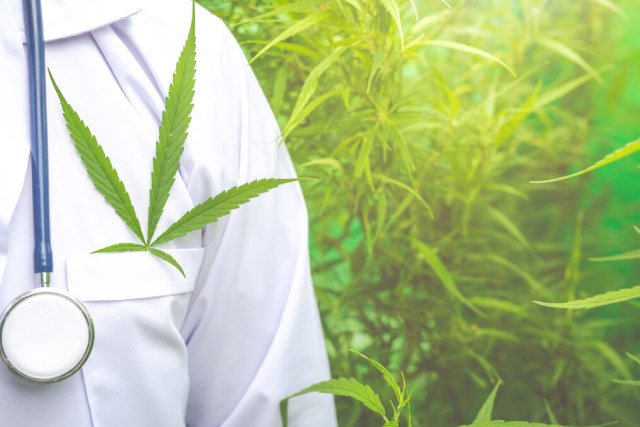
11.1. Legal Experts
Legal experts provide insights into the legal nuances of Delta-9 THC regulations and their potential evolution.
11.2. Medical Professionals
Medical professionals share their perspectives on the medical applications and risks associated with Delta-9 THC.
11.3. Cannabis Industry Representatives
Industry representatives’ insights help us understand the economic and business aspects of Delta-9 THC.
12. Addressing Concerns and Questions

12.1. Safety Concerns
Addressing safety concerns provides reassurance to users and dispels fears associated with Delta-9 THC.
12.2. Legal Gray Areas
Exploring legal gray areas helps users navigate the complexities of Delta-9 THC regulations.
12.3. Community Q&A Sessions
Engaging in community Q&A sessions fosters a supportive environment for users seeking information.
13. Educating the Public
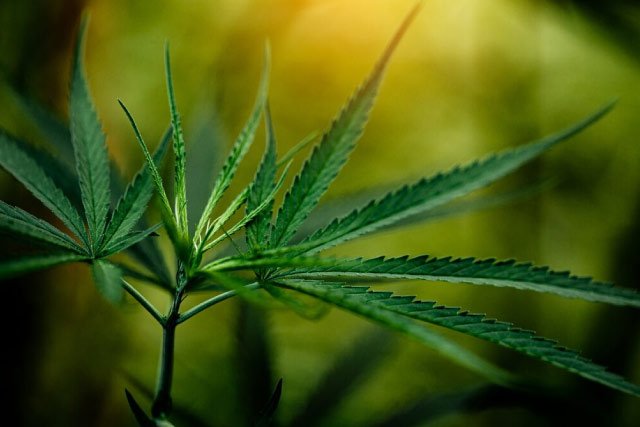
13.1. Importance of Awareness
Emphasizing the importance of awareness encourages responsible use and informed decision-making.
13.2. Resources for Information
Providing reliable resources ensures users have access to accurate information about Delta-9 THC.
13.3. Advocacy for Informed Choices
Advocating for informed choices empowers users to make decisions aligned with their values and well-being.
14. Staying Updated on Delta-9 THC Laws
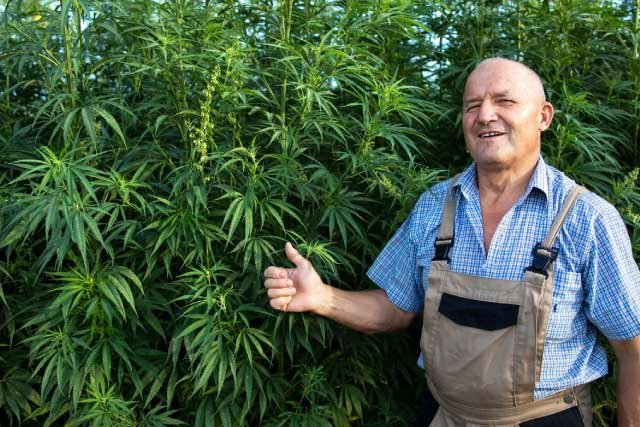
14.1. Reliable Sources for Updates
Identifying reliable sources for updates helps users stay informed about changes in Delta-9 THC regulations.
14.2. Government Websites and Announcements
Government websites and official announcements are vital sources for accurate and timely information.
14.3. Community Forums and Discussions
Participating in community forums and discussions facilitates the exchange of knowledge and experiences.
Conclusion
Navigating Delta-9 THC’s legal landscape in Florida demands a nuanced understanding of its chemical composition, evolving regulations, and societal impact. Anticipating legislative changes, advocating informed choices, and staying updated are crucial for users and businesses. As Florida’s stance on Delta-9 THC continues to unfold, the balance between benefits, risks, and responsible consumption remains paramount in shaping a harmonious future for this compound in the Sunshine State.
FAQs
Currently, recreational use of Delta-9 THC is not legal in Florida. However, medical use is permitted under specific regulations.
Exceeding Delta-9 THC limits may result in legal consequences, including fines and penalties. It’s crucial to stay within the specified limits.
Florida has distinct regulations for Delta-9 THC and CBD products. Understanding these differences is essential for compliance.
Cultivating Delta-9 THC for personal use is illegal in Florida. Only licensed entities are allowed to grow cannabis.
Various advocacy groups work towards changing Delta-9 THC regulations in Florida, promoting education, and advocating for responsible use.




